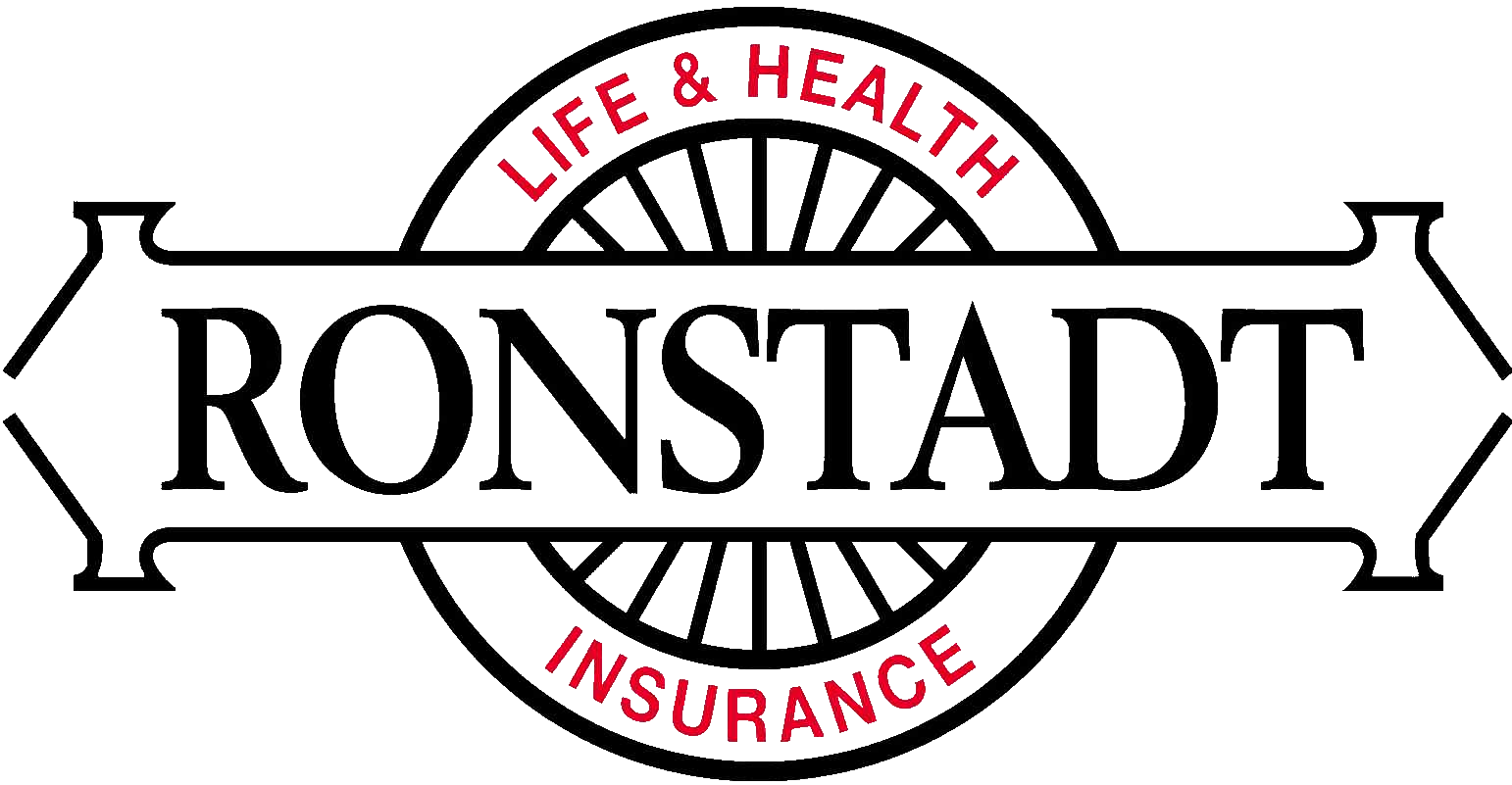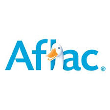Multigenerational workforces demand different healthcare experiences
From United Healthcare
As the workforce continues to evolve, employers will need to find ways to ensure their health plan delivers an experience in line with their employees’ needs and expectations.
From new college hires to seasoned executives, it’s not uncommon for an employee population to span multiple generations. In fact, there are 4 commonly defined generations currently active in the workplace today: Baby Boomers, Generation X (Gen X), Millennials and Generation Z (Gen Z).
With these multigenerational employee populations come varying healthcare needs, expectations and preferences. For instance, Baby Boomers are likely to have different healthcare issues and priorities than their younger counterparts, based on several factors including biological age, life experience and socioeconomic influences.
This can make it a challenge for employers to determine which healthcare experiences are the right fit for their unique employee population. And finding the right fit matters.
It’s important for employers to understand their employee population’s needs and to keep generational preferences in mind when designing healthcare plans. Doing so provides options for employees who prefer to access health care in different ways. This maximizes engagement and improves the experience and may lead to higher overall employee satisfaction and talent retention.

















